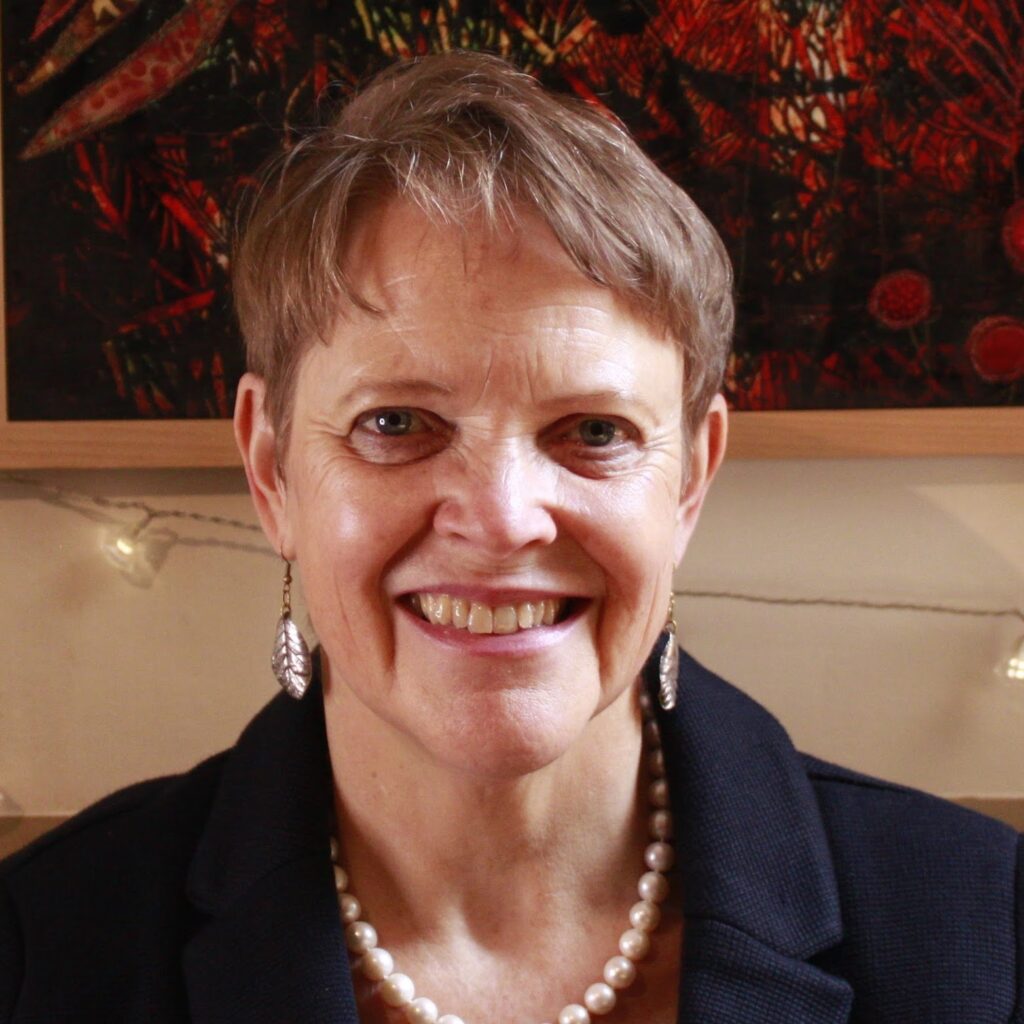Explore the ALTC25 keynote sessions, insightful talks from leading voices in education and technology, tackling leadership, inclusion, and the future of learning.
Being a leader, not an algorithm: Human skills for an AI-Shaped Future
Thursday 23 October at 9:00
Artificial Intelligence as a contested technology, is increasingly positioned as the solution to every challenge, from assessment to personalisation, efficiency, and leadership. In this keynote, Dr Charles Knight, Director of Leadership, Governance and Management at Advance HE, will explore the intersection of leadership and technology, asking: what uniquely human skills and behaviours ATL members need to thrive? Drawing on insights from leadership practice, digital innovation, and organisational development, this session will challenge assumptions and surface blind spots, and argue for a very human set of skills.

Keynote Speaker: Charles Knight
Drawing on extensive experience in academic leadership and management consultancy, Charles is passionate about creating high-quality, innovative experiences and services in Higher Education. As Director of Leadership, Governance and Management at Advance HE, they lead a team of consultants delivering events, analysis, and consultancy services to global university partners. Their core competencies include strategic development, and digital transformation. Charles holds a PhD in Information Technology from the University of Leeds, where they explored the use of mobile technologies in policing.
Student Panel: Beyond the Myth of the Digital Native
Thursday 23 October at 13:45
The notion of the “digital native” assumes that all students who have grown up with technology arrive at university fully digitally literate and confident. This panel challenges that assumption by centring student voices in a discussion of their real experiences with technology. Panellists will consider what digital skills students already possess on entry to higher education, what kinds of training and support they actually need, and how universities should balance the growing emphasis on artificial intelligence with more fundamental aspects of digital literacy.

Student Panel to be announced.
Engaging Learning: Rethinking Inclusion with Insights from the Margins
Friday 24 October at 9:30
This talk is about how learning designers can foster more inclusive student participation in online learning by considering four key dimensions of engagement—cognitive, behavioural, social, and emotional. Student engagement is important because it is correlated with retention, especially for students living in precarious circumstances. There is evidence that engagement in any one dimension can fuel engagement in the others—and the corollary is also true: disengagement in one dimension can cascade into others, fuelling broader disengagement. I will argue that while academia tends to value the cognitive and ehavioural, for some students—especially those in contexts of conflict, crisis and displacement—social and emotional engagement may be critical to the successful completion of their studies.
The talk draws on my research and practice as a learning designer over more than a decade, working in both mainstream higher education and MOOC contexts—including testing the possibilities for CoMOOCs (Co-designed Massive Open Online Collaborations) with displaced communities in Lebanon and Thailand. Many of the challenges faced by displaced people—such as digital exclusion, experiences of trauma, and structural inequities—mirror those encountered by other marginalised students; therefore, insights gained from this group have broad applicability for inclusion.
I propose that by focusing on all four dimensions of online engagement, we will not only make online higher education more inclusive but also provide a model for social justice in our universities beyond online provision. This is our superpower as learning designers. I will invite you to reflect on some challenging questions—and to leave with practical strategies for designing learning that is inclusive, empowering and transformative.

Keynote Speaker: Gabi Witthaus
Dr Gabi Witthaus is a researcher, learning designer and consultant specialising in inclusive online education and the democratisation of higher education. She currently holds dual roles as a senior learning designer at the University of Birmingham and as Research Fellow for Education in Contexts of Mass Displacement at UCL’s Institute of Education.
Gabi began her career in South Africa’s NGO sector during the 1980s, teaching in night schools and supporting volunteer tutors in the adult literacy movement. This foundation in social justice during the apartheid era continues to inform her approach to educational research and practice. Since 2009, Gabi has worked in UK higher education, guiding programme teams in the design of engaging online and blended courses across disciplines.
She has contributed to multiple funded research and innovation projects and has published papers, book chapters and commissioned reports focusing on online engagement, curriculum co-design, open educational practices, recognition of prior learning, and the experiences of refugee and displaced learners in online education. Currently, at the University of Birmingham, Gabi supports academics with module and programme design for distance education, while in her research role at UCL, she collaborates with NGOs and civil society organisations in co-designing online and blended teacher professional development in contexts of conflict, crisis and displacement in Thailand, Myanmar and Lebanon.
Gabi has a long track record as a proponent of equity in higher education and an advocate for open education and research. She is also an expert evaluator for the European Education and Culture Executive Agency. Her work in both Europe and the Global South has given her personal insights into the potential impact that learning designers and educational technologists can have on widening participation in higher education. She holds a PhD in Higher Education: Research, Enhancement and Evaluation from Lancaster University and is a Senior Fellow of Advance HE (SFHEA). Gabi shares insights and resources through her blog at ArtofElearning.org.